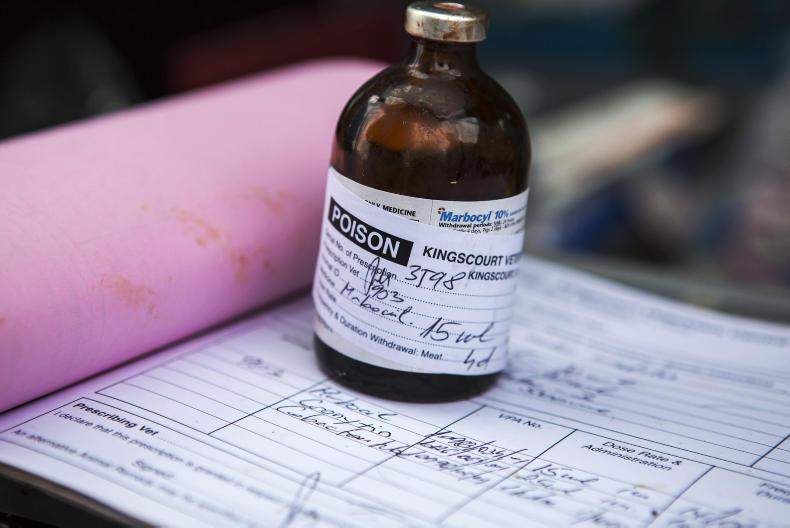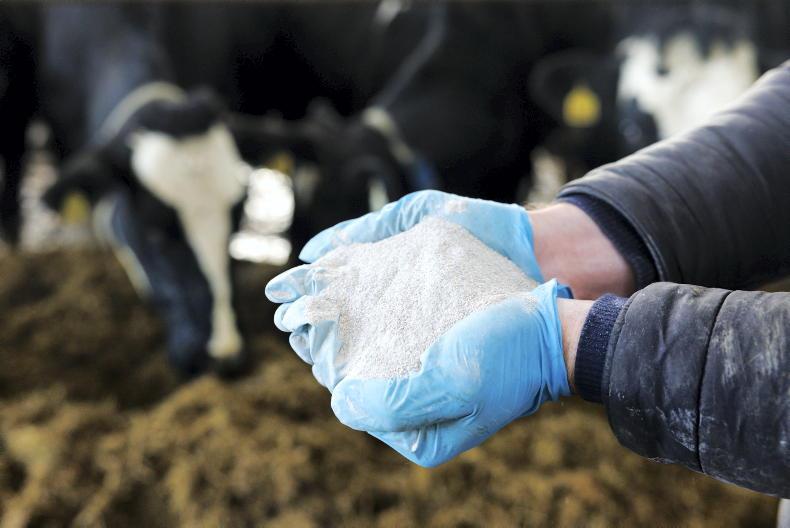Suppliers of animal and human medicines are being advised to build up a six-week stockpile of supplies ahead of Brexit at the end of the year.
A letter from the UK Department of Health and Social Care outlines that while alternative travel routes are being deliberated, traders should prepare themselves for any disruption.
The letter suggests that different parts of the UK can plan their own centralised stockpiles.
Stockpiles
“It’s important to note that the devolved nations of the UK may, in addition, choose to build their own stockpiles,” the letter from chief commercial officer at the department Steve Oldfield says.
“We encourage companies to make stockpiling a key part of contingency plans and ask industry, where possible, to stockpile to a target level of six weeks’ total stock on UK soil.”
An Taoiseach Michéal Martin and UK Prime Minister Boris Johnson met this week to discuss Brexit negotiations in Northern Ireland.
However, while negotiations appear to be congenial between both countries, the letter outlines that medical suppliers should still prepare for a worst-case scenario.
Food
Besides medical supplies, there have also been concerns around exporting food from Northern Ireland.
Responding to a UK government consultation on how the UK internal market will function once the Brexit transition period ends on 31 December 2020, the Ulster Farmers’ Union (UFU) has highlighted concerns about future operation of trade routes through Dublin Port.
Approximately half of all Northern Ireland (NI) agri-food output is sold in Britain, and about half of that transits via Dublin, given that it is a faster route to access markets in the south of England, than using Belfast or Larne to go to Cairnryan in Scotland.
“There are important outstanding questions as to how unfettered access to the UK internal market can be delivered via Dublin,” pointed out UFU president Victor Chestnutt.










SHARING OPTIONS